IP Ratings
IP stands for International Protection or Ingress Protection.
They are part of a set of standards by the International Electrotechnical Commission IEC.
The IEC defines what a specific IP Rating means. The standard was first described in 1976.
It's the device's resiliency to intrusion like dust and water.
Another way to look at it is the degree of protection the mechanical casings and electrical enclosures provide against intrusion, dust, accidental contact, and water.
A fun fact is that the IEC International Standard document costs 370 $ and you can get a digital copy at this link: IEC 60529
The IP rating format is:
IP #1#2
The first numeral #1 in this format depicts the mechanical casing's or electrical enclosure's resiliency towards solid foreign objects.
#1 can vary from 0 to 6.
As an example, a value of 6 means that the mechanical casings or electrical enclosures are dust-tight
The image below depicts what the values of #1 could potentially mean depending on the IP rating: [1]
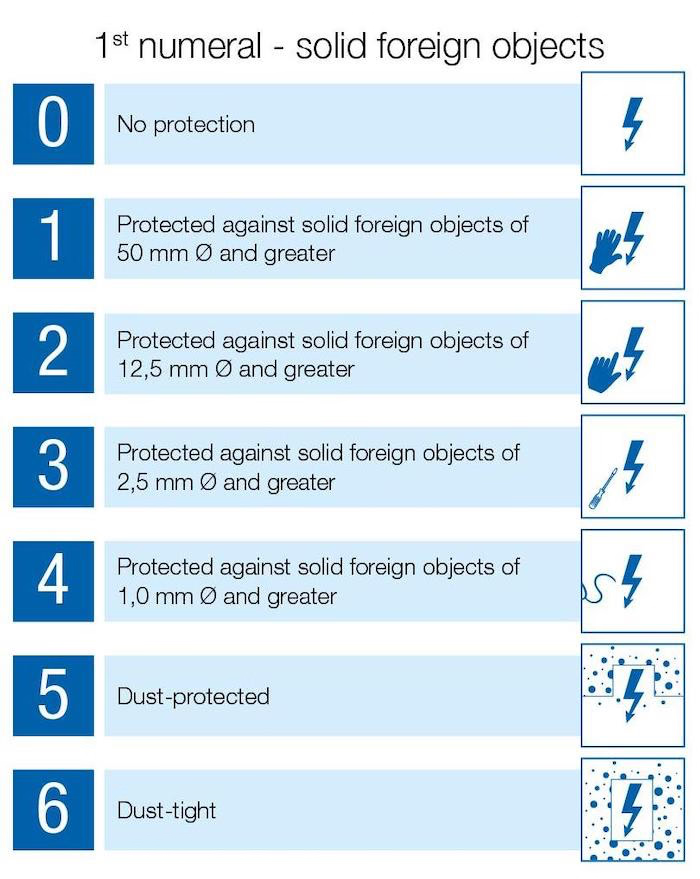
IP rating second numeral meaning
The second numeral #2 in this format depicts the mechanical casing's or electrical enclosure's resiliency towards water.
#1 can vary from 0 to 9.
As an example, a value of 0 means that the mechanical casings or electrical enclosures provide no protection
The image below depicts what the values of the second numeral #2 could potentially mean depending on the IP rating: [1]
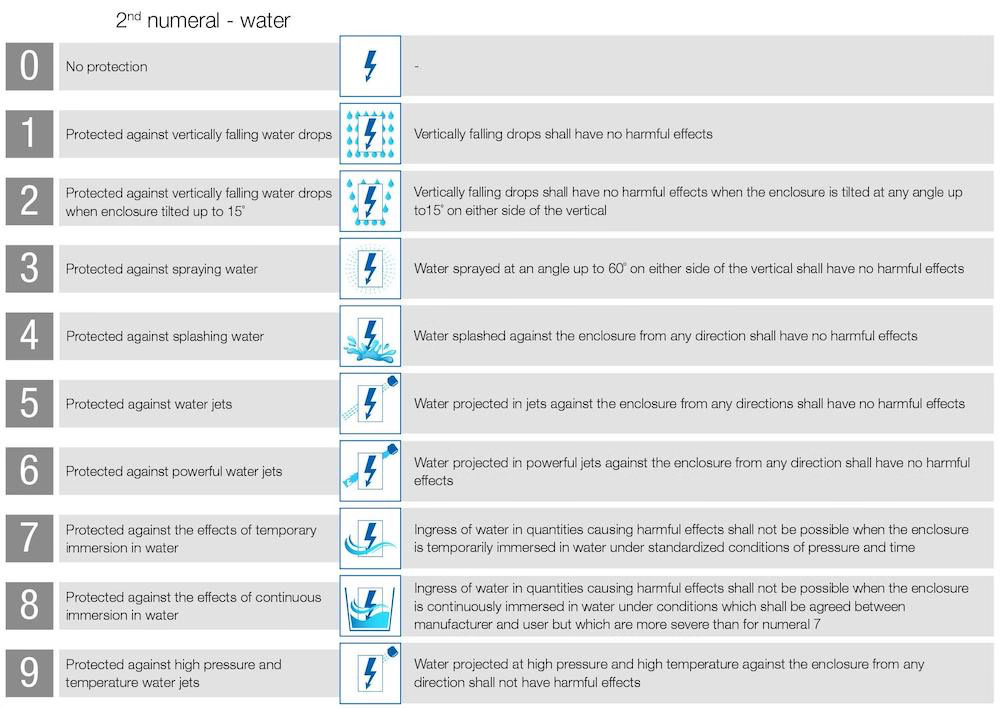
Sheltered from water electric scooter components
As a good starting point, we need to understand what it is about an electric scooter that needs to be sheltered from water. We do not want these components to get wet:
Battery
Potential Damage
- Water can cause a short circuit in the battery, leading to failure or even a fire.
- Humidity and water can corrode the battery terminals, reducing the battery's efficiency and lifespan.
Housed
Usually located in the deck or the stem of the scooter encased in a protective shell or compartment.
Protection
Often sealed within a waterproof or water-resistant enclosure, it may have rubber gaskets to prevent water ingress.
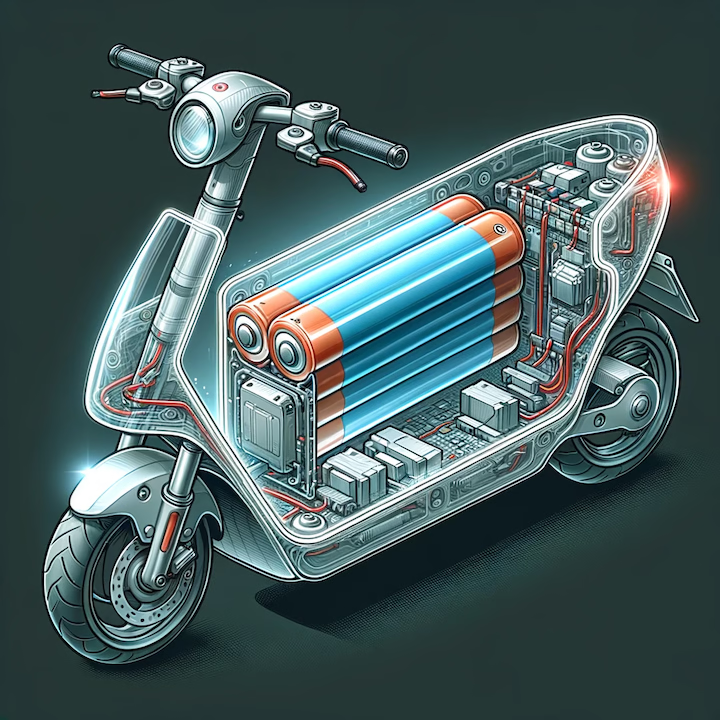
Speed controller
Potential Damage
- Exposure to water can cause short circuits, affecting the scooter's ability to maintain a consistent speed or even move.
- Moisture can corrode internal components over time, leading to erratic behaviour or complete failure.
Housed
Typically found within the deck, near the battery, encased in a protective shell or compartment.
Protection
Often placed inside a water-resistant or waterproof enclosure, it may also be coated with a conformal coating for additional protection against moisture.
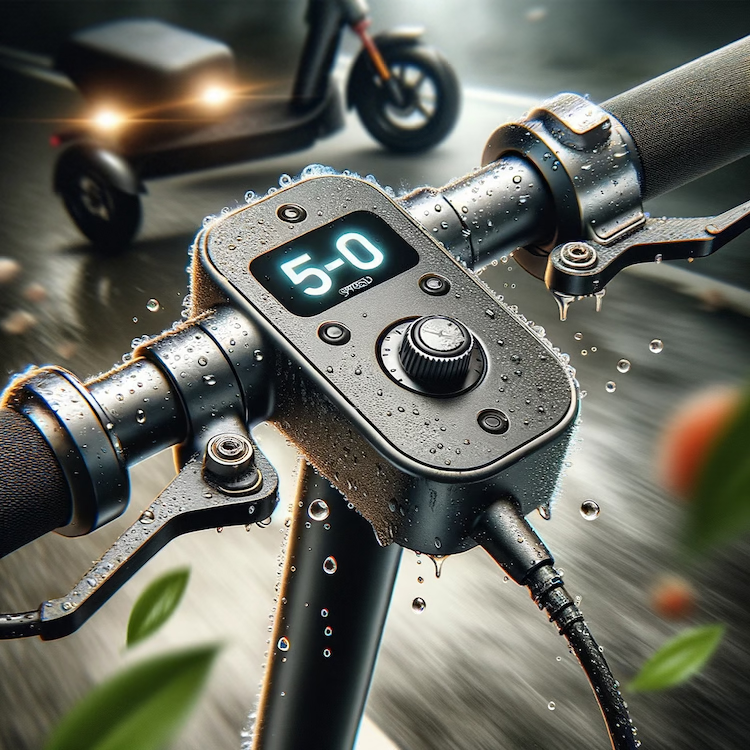
Electronic circuit boards
Potential Damage
- Water can cause immediate short circuits on the board. Depending on the circuit board affected the hardware it is dedicated to control will start to have dysfunctional behaviour. This damage can lead to loss of functionality or total compartment system failure.
- Humidity can cause slow degradation by corrosion of the board's materials and circuit connections.
Housed
Spread across different areas such as the deck, handlebar area, or within the headlight assembly, encased in protective shells or compartments.
Protection
Housed within water-resistant or waterproof enclosures and may be coated with a conformal coating to prevent moisture damage.
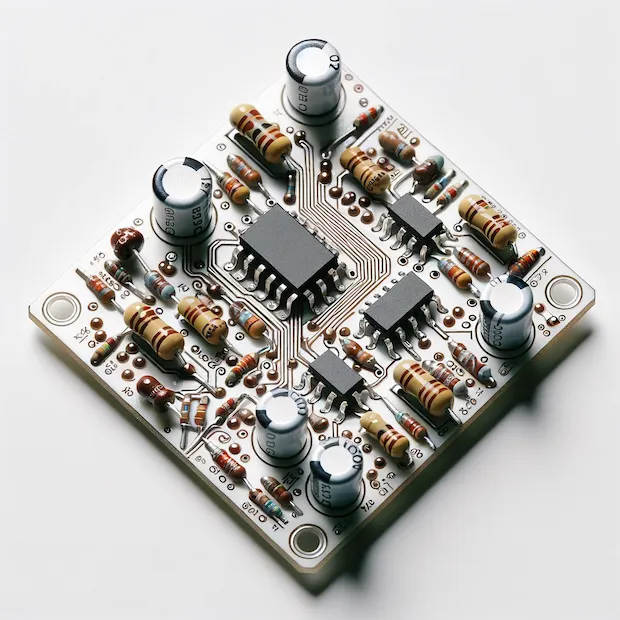
Motor
Potential Damage
- Moisture can lead to rust and corrosion of internal components, reducing efficiency and lifespan.
- Water can cause a short circuit in the motor winding, leading to loss of power or complete motor failure.
Housed
It is located in the hub of one or both wheels.
Protection
They are built with sealed bearings and casings to prevent water and debris ingress. Some motors are designed with higher Ingress Protection (IP) ratings for better water resistance.
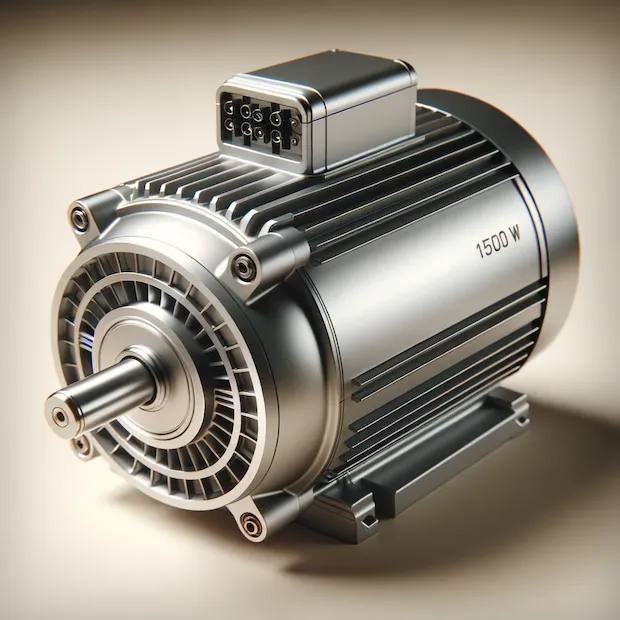
Can You Ride a Scooter In The Rain?
With a solid understanding of how IP rating works, we will go through actual electronic scooter models and say whether or not the scooter is eligible to venture out in the rain without causing damage to the electronic scooter.
Segway SuperScooter GT1
This scooter is rated IPX4.
The first numeral #1 is X, meaning there is no specified protection against solid foreign objects.
The second numeral, #2, is 4, meaning the electric scooter is protected against smashing water.
For a value of 4 as the second numeral #2, the electronic scooter is apt to be utilized under downpour rain.
I own this electric scooter and highly recommend it. It is one of the most well-finished electronic scooters on the market.
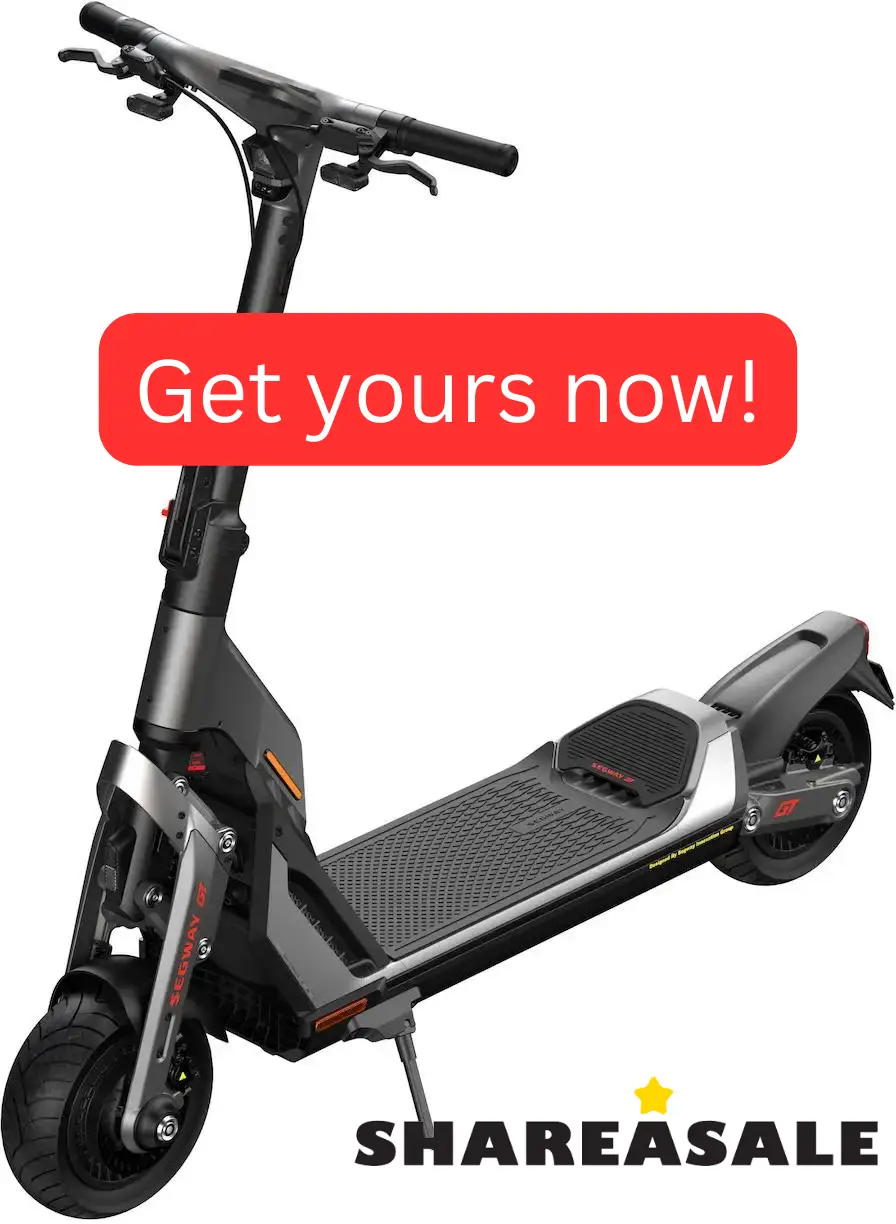
Ninebot eKickScooter F30
This scooter is rated IPX5.
The first numeral #1 is X, meaning there is no specified protection against solid foreign objects.
The second numeral, #2, is 5, meaning it is protected against water jets.
For a value of 5 as the second numeral #2 value, the electronic scooter is strongly apt to be utilized under heavy rain.
It is one of the most well-finished electronic scooters on the market.
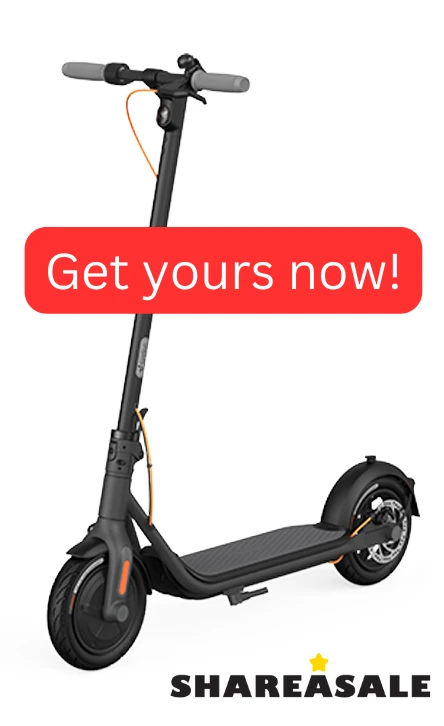
Ninebot Kickscooter F2 Pro
This scooter is rated IPX5.
The first numeral #1 is X, meaning there is no specified protection against solid foreign objects.
The second numeral, #2, is 5, meaning it is protected against water jets.
For a value of 5 as the second numeral #2 value, the electronic scooter is strongly apt to be utilized under heavy rain.
It is one of the most well-finished electronic scooters on the market.
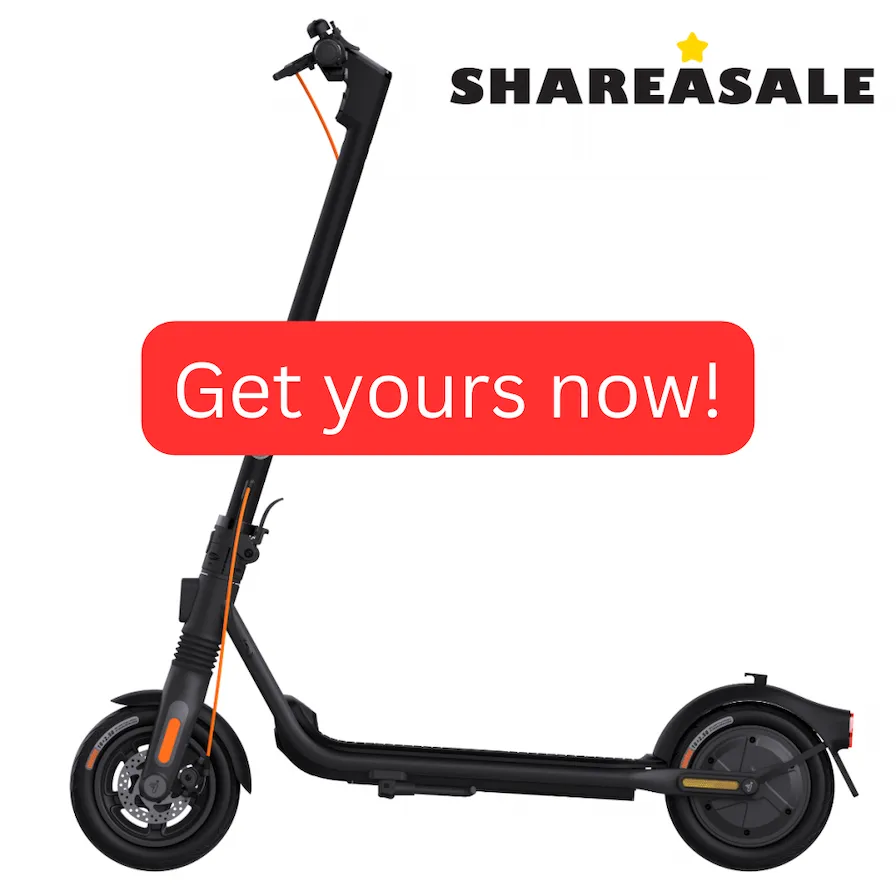
Are Electric Scooters Waterproof?
To answer this question, we will review an actual electronic scooter's rating and determine whether or not it is waterproof.
We first need to define waterproof. In terms of common sense and because of an electronic scooter's traditional functional use case, we can define waterproof as follows:
Suppose the electric scooter maintains its original functioning capacity for a prolonged period while simultaneously being utilized under wet meteorological conditions. In that case, we can conclude that the electronic scooter is waterproof.
Therefore, based on this definition, an electric scooter of at least IPX4 should be considered waterproof. So, IPX4, IPX5, IPX6, and IPX7 can all be considered waterproof.
Ideally, the IP rating numeral #1 should have a value of 5 or higher. This is an optional criterion when judging the electric scooter's waterproofness. Most manufacturers rate their scooters with X for marketing and to emphasize the water resiliency aspect of their IP rating.
In the Segway SuperScooter GT1 Manual, for example, this is what is said in the Important Information Manual:SuperScooter exposed to water or rain.
If the SuperScooter is exposed to rain and water, which may be beyond its waterproof capacity, please store it outdoors in a proper place away from buildings and people until dry. After that, please get in touch with the after-sales team and an authorized service center and technician for inspection and repair (if necessary). Refrain from disassembling the SuperScooter to wipe, dry, inspect and repair.
Cleaning Warning
If you need to clean the SuperScooter, use a soft, wet cloth to clean the mainframe. Dirt hard to remove can be scrubbed with a toothbrush and toothpaste, then washed with a soft, damp cloth. DO NOT rinse the SuperScooter.
DO NOT clean this SuperScooter with alcohol, gasoline, acetone, or other corrosive/volatile solvents. These substances may cause damage and corrosion to the appearance and internal structure of the Super Scooter.
DO NOT wash your SuperScooter with a power washer. DO NOT use a strong water flow or high-pressure hoses to clean the SuperScooter. Avoid getting water in the charge port.
Do not attempt to charge the Super Scooter if the charger and the power outlet are wet.

